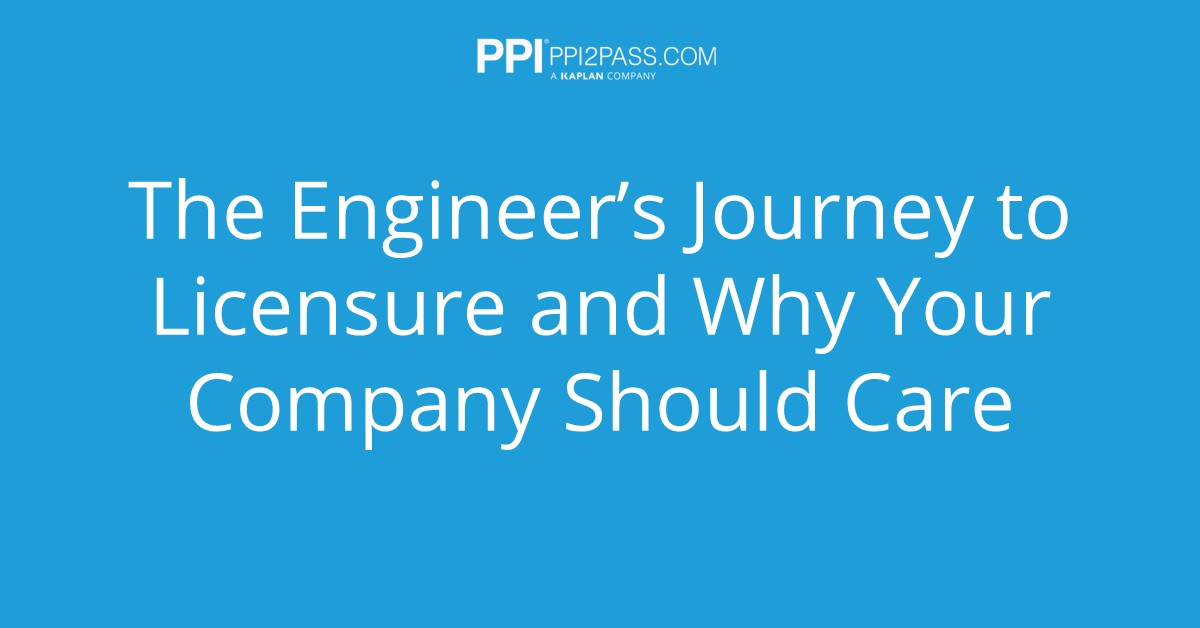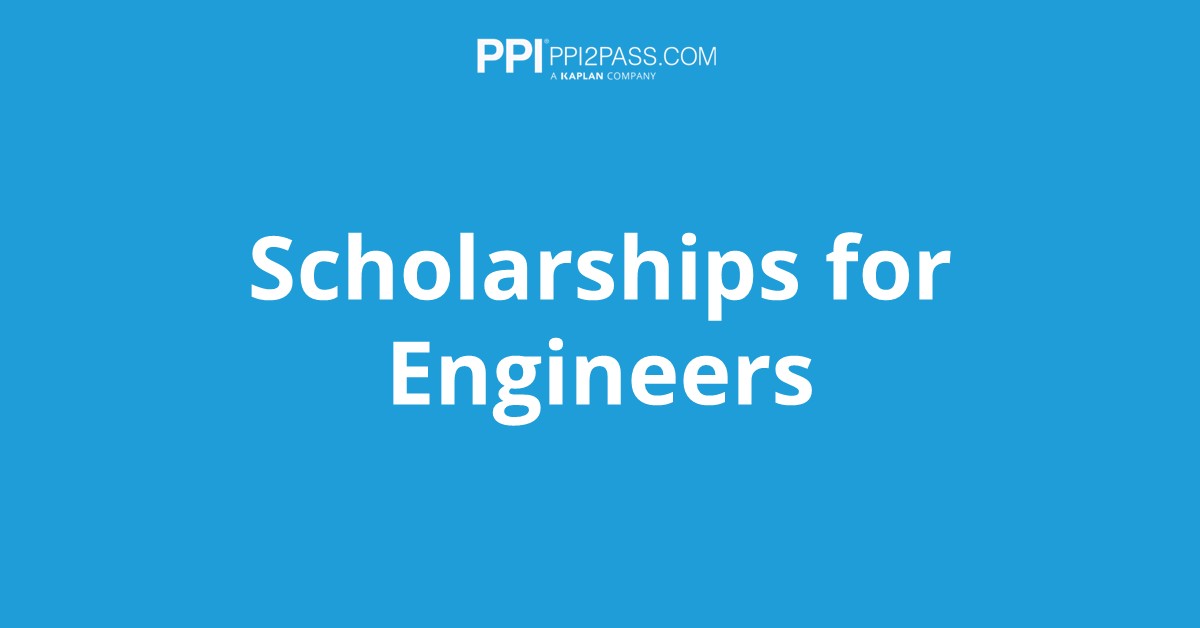How to get a PMP certification

Becoming a certified Project Management Professional (PMP) is an important milestone that can elevate your career, open doors to new opportunities, and position you as a leader within your organization. However, understanding the certification process–from verifying eligibility to navigating exam preparation–can seem overwhelming at first. This guide simplifies each step, providing clarity around what’s required, typical timelines, and associated costs. Whether you’re just starting to research the PMP or are ready to begin studying, we’ll equip you with the essential information to confidently earn the PMP certification.
What is the PMP certification?
- Enhanced credibility within their industry.
- Greater opportunities for career advancement.
- Improved skills in planning, executing, and managing complex projects.
Requirements for the PMP certification
To apply for the PMP certification, you’ll need to meet specific eligibility requirements set by the PMI. These include a combination of education, project management experience, and formal training. Here’s what you need to qualify:
Education and experience
There are two main pathways to meet the requirements, depending on your level of education:
- With a Four-Year Degree: You need at least 36 months of experience leading or managing projects within the last eight years.
- With a High School Diploma or Associate's Degree: You need at least 60 months of project management experience within the last eight years.
Project management education
Before starting the process, it’s important to review these PMP certification requirements carefully. Meeting them is the first step toward getting the PMP and advancing your project management career.
How to get a PMP certification
Earning a PMP certification may seem complex, but breaking it down into clear steps can make the process much more manageable. Below is a step-by-step guide on how to get your PMP certification, from meeting the eligibility requirements to taking the exam.
Step 1: Confirm you meet the requirements
Before anything else, make sure you meet the requirements for PMP certification, including the necessary education, project management experience, and 35 hours of formal training.
Step 2: Complete the PMP training
Enroll in a PMP exam prep course to fulfill the 35 hours of project management education. Choose a program that aligns with PMI’s exam content outline and offers practice questions, study resources, and instructor support.
Step 3: Create a PMI account and submit your application
Step 4: Schedule and pay for the exam
Once your application is approved, you’ll receive an eligibility ID. Use this to schedule your PMP exam at a testing center or online.
Step 5: Study for the PMP exam
Use your prep course materials and practice exams to study. The PMP exam covers topics such as project planning, execution, monitoring, and closing, as well as leadership and agile methodologies.
Step 6: Take the PMP exam
The PMP exam is a 180-question, computer-based test that takes approximately four hours. Be sure to review PMI’s exam policies and arrive prepared with proper identification.
Step 7: Maintain your certification
After passing the exam, your PMP certification is valid for three years. To maintain it, you’ll need to earn 60 professional development units (PDUs) during that time through ongoing learning and professional contributions.
How much does it cost to get a PMP certification?
By choosing your training and prep tools wisely, you can stay within budget while still setting yourself up for success.
How long does it take to get the PMP certification?
The time it takes to get the PMP certification can vary depending on your schedule, experience, and how quickly you complete the application and exam prep. On average, most candidates earn their PMP in three to six months from the time they decide to pursue it.
Here’s the general timeline:
- Meeting the Requirements: If you already have the necessary work experience and education, you can move straight to exam prep. If not, gaining the required experience may take longer.
- 35 Hours of Project Management Education: Many candidates complete this in a few weeks through an online or instructor-led course.
- Application Process: Once submitted, PMI typically reviews applications within five business days. If selected for an audit, this step could take longer.
- Studying for the Exam: Most people spend eight to twelve weeks studying, depending on how much time they dedicate each week.
- Scheduling and Taking the Exam: After your application is approved, you have one year to take the exam. Many candidates schedule it within a month or two of finishing their prep.
If you’re consistent with your study plan and meet all the requirements upfront, you can realistically earn the PMP certification in just a few months.
How hard is it to get a PMP certification?
Here’s what makes the PMP exam difficult for many candidates:
- Complex, Scenario-Based Questions: The exam emphasizes how you apply concepts, not just memorization.
- Wide Range of Topics: It covers project management approaches, including predictive (waterfall), agile, and hybrid methods.
- Length of the Exam: You’ll have 230 minutes to answer 180 questions, which requires focus and endurance.
- Passing Score is Not Published: PMI doesn’t release the exact score needed to pass.
Despite its difficulty, thousands of professionals pass the PMP exam every year. The key is proper preparation. Most successful candidates:
- Spend eight to twelve weeks studying.
- Use structured PMP prep courses.
- Take multiple practice exams.
- Review the PMBOK® Guide and Agile Practice Guide.
So, how hard is it to get a PMP certification? It’s challenging, but with consistent study and the right resources, you can pass the exam and take a major step in your project management career.
Is the PMP exam hard?
Yes–the PMP exam is known for its difficulty, even among experienced project managers. It’s a 4-hour test with 180 multiple-choice questions that focus heavily on applying project management concepts in complex, real-world scenarios. Rather than testing simple definitions, the exam challenges your critical thinking, problem-solving, and ability to choose the best approach under pressure. While it’s tough, the right prep–especially using tools like practice exams and a structured study plan–can make all the difference.
Start the PMP certification journey with confidence
Getting the PMP certification is easier with the right tools. The PPI PMP Exam Qbank is built by experts and designed to help you study smarter so you can pass with confidence. Here’s what sets our Qbank apart:
- Expert-written and aligned with the latest PMBOK® Guide.
- Covers all three exam domains: People, Process, and Business Environment.
- Detailed explanations for every answer.
- Track your progress and target weak areas.
- Study anytime, anywhere, at your own pace.
- Backed by 50+ years of exam prep experience.
Ready to take the next step? Start your PMP journey with trusted, proven tools–explore the PPI PMP Exam Qbank today.
Industry Insights


